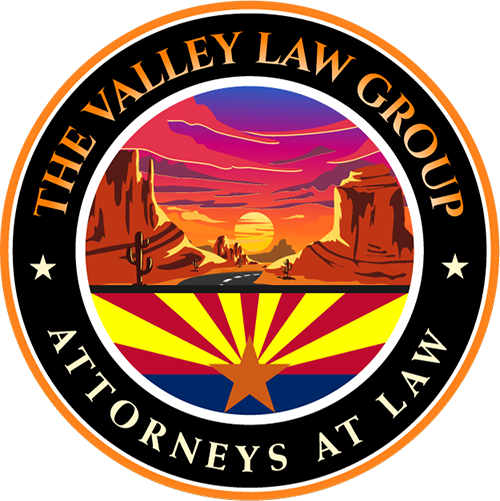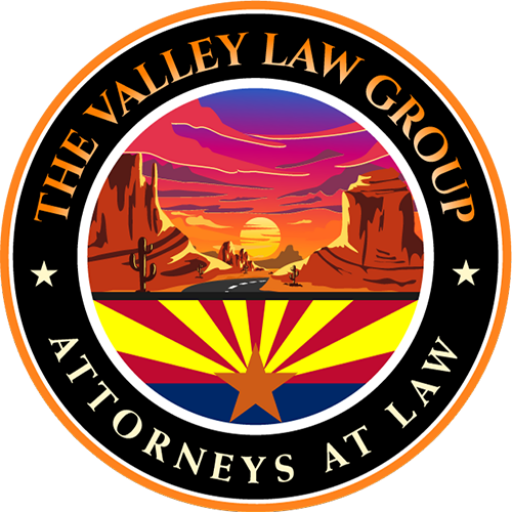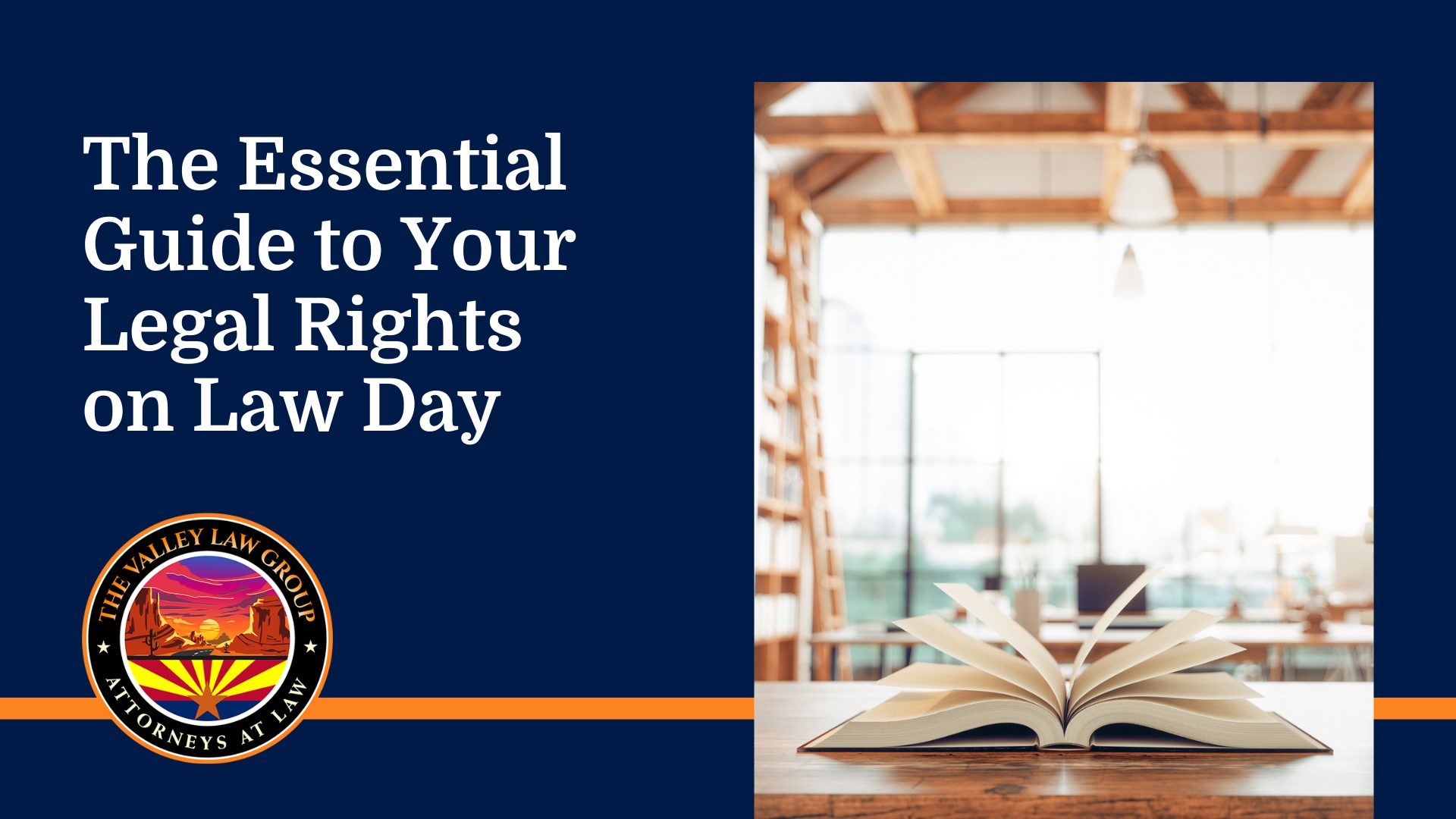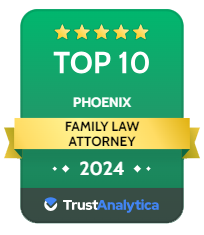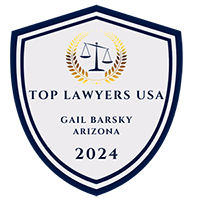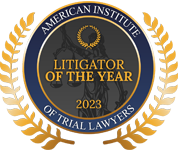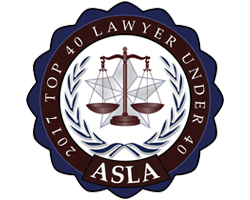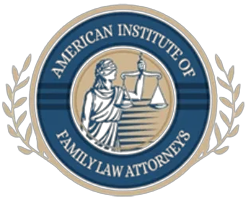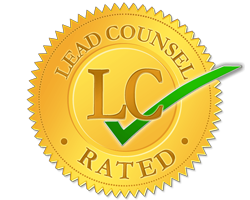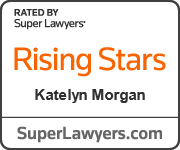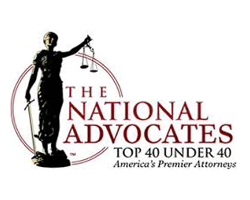Table of Contents
ToggleLaw Day, celebrated throughout the month of May, was first established by President Dwight D. Eisenhower in 1958 to celebrate the role of law in a free society. In part, we owe the role that law plays in our society to the founding of the United States in 1776 and our nation’s founding legal document: the Declaration of Independence. The US Constitution and Bill of Rights further enumerated the rights of our citizens, and all states and municipalities have adopted laws that protect our rights while accounting for the needs of a growing and diversifying nation.
Maintaining the free society that Eisenhower and past leaders championed requires civic engagement and an understanding of legal rights. US legal rights have become an example for democracies across the world, and The Valley Law Group is proud to celebrate this month of remembrance.
The History and Purpose of Law Day
President Dwight D. Eisenhower, a five-star general who led the Allied forces to victory in Europe during World War II, witnessed firsthand the destruction that can result when the rule of law collapses. In response, he proclaimed Law Day in 1958 to highlight the importance of the legal system in preserving democracy, order, and justice in the United States.
Since its inception, Law Day has continued to serve as a reminder of the critical role that laws and legal institutions play in safeguarding our rights. Each year, legal organizations, schools, and courts nationwide use Law Day to foster public understanding of how our laws function and why they matter.
One of the ways Law Day encourages civic education is through the exploration of historic legal figures and landmark court cases. For example, many Law Day programs highlight the legacy of Thurgood Marshall, the first Black Justice of the U.S. Supreme Court. Marshall’s landmark work in Brown v. Board of Education helped end segregation in public schools and remains a powerful example of how the legal system can drive social change.
Law Day is an ideal time to explore:
- The life and legal legacy of pioneers like Thurgood Marshall
- The importance of the rule of law in creating equal access to justice
- How the court system has been used by citizens to overcome injustice and shape progress
From its founding through today, Law Day stands as a national call to reflect on the rights we enjoy, the responsibilities we share, and the ways in which the law continues to shape our society.
Key Legal Rights Everyone Should Know

Every legal right shared by Americans stems from the founding documents of this country. While the founding fathers did not initially bestow many constitutional rights to women, enslaved Black people, and other groups, the founding principle of this country is that all men are created equal. The steady expansion of civil rights through subsequent high court rulings and amendments to the US Constitution has extended this equality to all.
The Bill of Rights, ratified in 1791, enumerated many of the fundamental rights we enjoy today. Here are some of the key rights outlined in the Bill.
Right to Free Speech
Arguably the most consequential of all the bills of rights is the first. The First Amendment protects the rights of Americans to choose their religion, assemble, petition the government for grievances, and speak freely. Since 1791, the right to free speech has been upheld by courts throughout the country – so much so that even sometimes objectionable acts of speech, like burning the United States flag, are protected under the Constitution.
Free speech is not a universal value across the world. In more authoritarian countries, speaking out against the government can lead to arrest and physical abuse. Legal rights to free speech are not without limits, however. The courts have upheld that language that incites violence or threatens violence can be deemed unlawful.
Right to Fair Trial
The Sixth Amendment provides many of the protections defendants have in our justice system. The amendment states that Americans have the right to a “speedy and public” trial. This has been interpreted by the courts to mean that anyone charged with a crime should not languish in jail or prison for an unreasonable amount of time before being afforded a trial.
Other rights enumerated in the amendment include the right of defendants to know their accusers and the nature of the crime that they are charged with. The right to a jury trial is also provided through the Sixth Amendment. The courts have interpreted the right to a fair trial also to mean that defendants have a right to legal counsel if they are charged with a crime. Police are not required to notify anyone they arrest of these rights through what is known as a Miranda Warning.
Right to Privacy
The right to privacy has been interpreted and expanded by courts over the centuries. The main source of that right is often cited as the Fourth Amendment, which protects citizens from unreasonable searches and seizures by the government.
In practice, the right to privacy affords protections when you are pulled over. Police have to have good reasons to escalate a search. Defendants who were pulled over for no reason and had their car searched may have a strong argument that their Fourth Amendment rights were violated.
Voting Rights
America was founded as a democracy where elected officials rule on behalf of the people who elect them. The right to vote was initially reserved for men who owned property. Over decades and centuries, the right to vote was expanded to all adults who are citizens of the United States.
The Voting Rights Act of 1965 was a landmark piece of legislation in the United States aimed at overcoming legal barriers that prevented African Americans from exercising their right to vote. It outlawed discriminatory voting practices such as literacy tests and poll taxes.
The expansion of voting rights is notable for the large, concerted effort it took to expand voting rights to women and minority groups. It stands as a testament to the power of the rule of law that the citizens of our democracy were able to expand fundamental rights through civic action and engagement with the government.
Once a right has been expanded to a group, it becomes that much harder to infringe on those rights. Today, no one would accept or entertain the notion that an adult who is not a convicted felon should not have the right to vote simply due to the color of their skin or another characteristic.
How Knowing Your Rights Empowers You
Even when certain groups theoretically have constitutional rights, it often takes acts of peaceful civil disobedience to assert those rights, especially when the predominant groups in power actively work to disenfranchise minorities. One example is Rosa Parks, the African American civil rights activist who refused to give up her seat to a white passenger on a segregated bus in Montgomery, Alabama. Her actions led to the eventual desegregation of public transportation in the United States. Parks’s story is a wonderful example of empowerment through law.
Having moral conviction about a topic is one thing, but having moral conviction when the law is on your side is another. For example, if you work with someone who is openly hostile to you to the point that you feel you may be in danger, you can use the Arizona legal system to file an injunction against the harassing individual. There is already a legal framework to prevent people from harming you through verbal statements or actions that you deem to be intended to harass.
Another example occurs when you have a child with someone you are not married to. In this case, unless you have proven yourself unfit, you have legal rights to be a part of that child’s life. Understanding the law can be empowering, especially when you know that the law is on your side.
Resources for Educating Yourself on Legal Rights

The Administrative Office of the US Courts provides resources for people of all ages to learn more about our legal system during the month of May.
- Readers Theater: Re-Enactment Script for Brown v. Board of Education
- Readers Theater: Re-Enactment Script for Mendez v. Westminster, which preceded Brown
- Landmark cases: Before and After Brown v. Board of Education
- Profile of Thurgood Marshall
- Podcast about Brown v. Board of Education
In addition, The Valley Law Group offers numerous free Arizona law resources that provide valuable support and guidance during difficult times.
The Role of Legal Professionals in Advocacy and Education
Attorneys spend many years learning about the practical applications of law in the lives of Americans. They are given the title of counselor because their role is one of giving advice on legal matters. Like elected officials and members of the armed forces, attorneys take an oath to uphold and support the Constitution.
Attorneys understand fundamental constitutional rights and how to protect those rights in court. Beyond practicing law, many attorneys educate the public and advocate for the rights of clients. By speaking publicly and providing insight to news media, lawyers play a crucial role in advocating for rights that are protected under state and federal law.
The Valley Law Group supports community education on legal matters and provides guidance on legal rights by providing important resources on its website and engaging with the public through volunteering at events. Our law firm is built upon the fundamental values of professional integrity, client prioritization, and tailored legal strategies.
Exercise Your Rights Under the Law
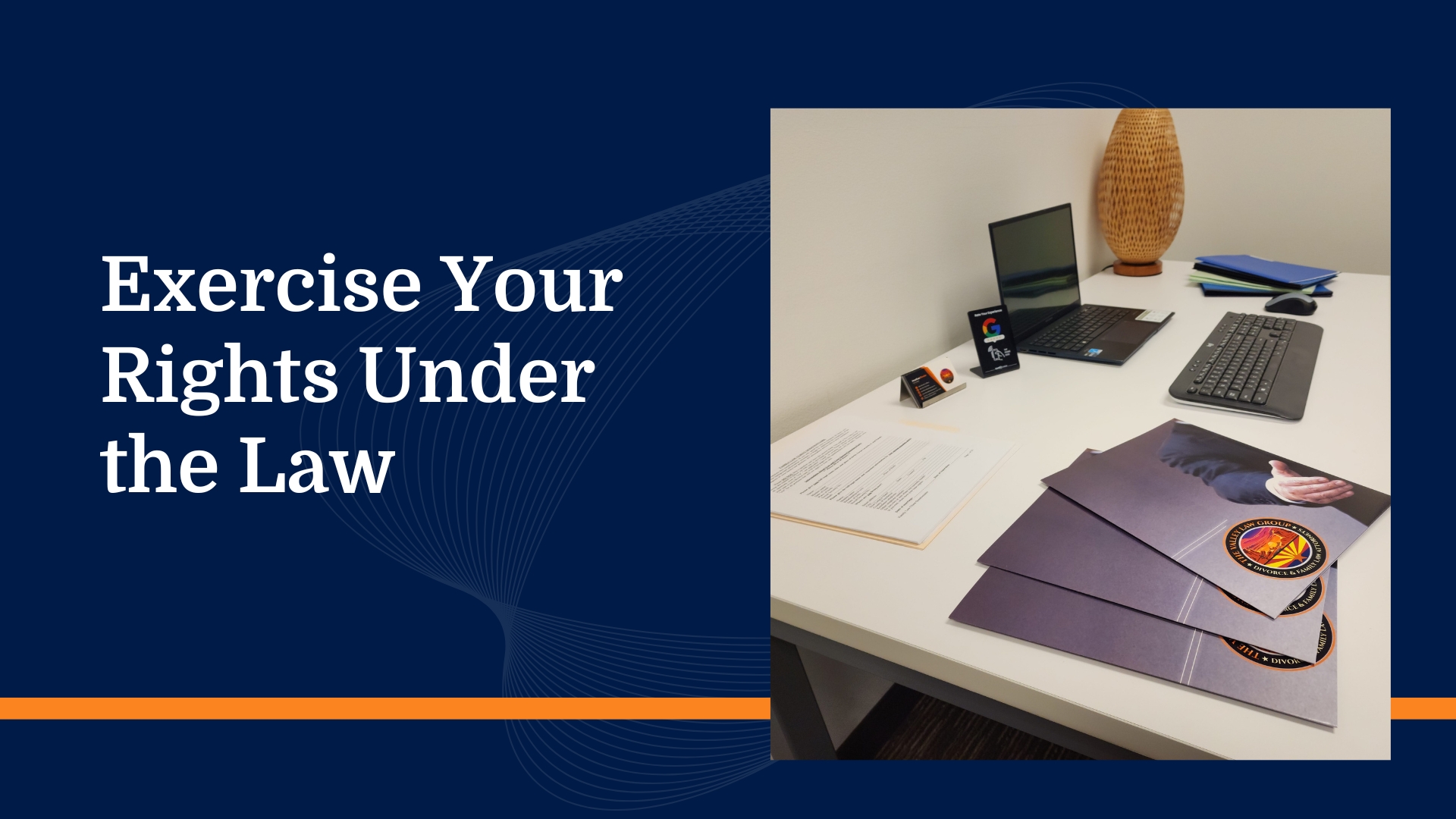
Law Day and the month of May is more than a day of remembrance. Understanding the rights of Americans is empowering, and the rights of Americans are often protected through the actions of attorneys working on behalf of clients.
You can participate in Law Day, celebrated through May, by:
- Reading the Declaration of Independence
- Reading the Bill of Rights
- Memorizing your favorite Bill of Rights Amendment
- Researching the history behind the Bill of Rights
- Reading the historical resources on Thurgood Marshall listed above
- Visiting the nearest law library
- Resolving to become engaged in the local and state election process
- Volunteering at the next election.
The Founding Fathers created foundational documents that are the basis for our modern-day bodies of law. By understanding the history of how those laws evolved, we can become more civically engaged in this country and better prepared to defend our rights.
The attorneys at The Valley Law Group encourage our clients and followers to take time this month to reflect on the history of this country and the events that led to the passage of laws that guide our daily lives, whether we are aware of them or not.
We welcome readers to reach out to The Valley Law Group for assistance with legal questions or for further information on legal rights.
Sources:
- Administrative Office of the U.S. Courts. (n.d.). Law Day. United States Courts. Retrieved from https://www.uscourts.gov/about-federal-courts/educational-resources/annual-observances/law-day
- Arizona Judicial Branch. (n.d.). Protective Orders. Retrieved from https://www.azcourts.gov/domesticviolencelaw/Orders-of-Protection
- Library of Congress. (n.d.). Selected quotations from the Thomas Jefferson papers. Retrieved from https://www.loc.gov/collections/thomas-jefferson-papers/articles-and-essays/selected-quotations-from-the-thomas-jefferson-papers/
- National Archives. (n.d.). How did it happen? The Bill of Rights. Retrieved from https://www.archives.gov/founding-docs/bill-of-rights/how-did-it-happen
- Oyez. (n.d.). Brown v. Board of Education of Topeka. Retrieved from https://www.oyez.org/cases/1940-1955/347us483
- U.S. Congress. (1965). Voting Rights Act of 1965, Public Law 89-110. Retrieved from https://www.govinfo.gov/content/pkg/STATUTE-79/pdf/STATUTE-79-Pg437.pdf
- U.S. Courts. (n.d.). Brown v. Board of Education: Reader’s Theater Script. Retrieved from https://www.uscourts.gov/educational-resources/educational-activities/brown-v-board-education-readers-theater
- U.S. Courts. (n.d.). Profile: Thurgood Marshall. Retrieved from https://www.uscourts.gov/educational-resources/educational-activities/thurgood-marshall-profile

Jonathan Roeder, Founder/Director of Marketing of The Valley Law Group, is an Arizona native who has dedicated his life and career to the service of others. After graduating salutatorian of his high school class, Jonathan attended beautiful and prestigious Pepperdine University, where he majored in Political Science. During his tenure at Pepperdine University, his passion for helping others grew after securing a clinical position with a residential treatment center for juveniles with substance addictions. Post-graduation, Jonathan returned to Arizona and served as a residential manager for mentally and physically disabled homes.
Read More About Jonathan Roeder
